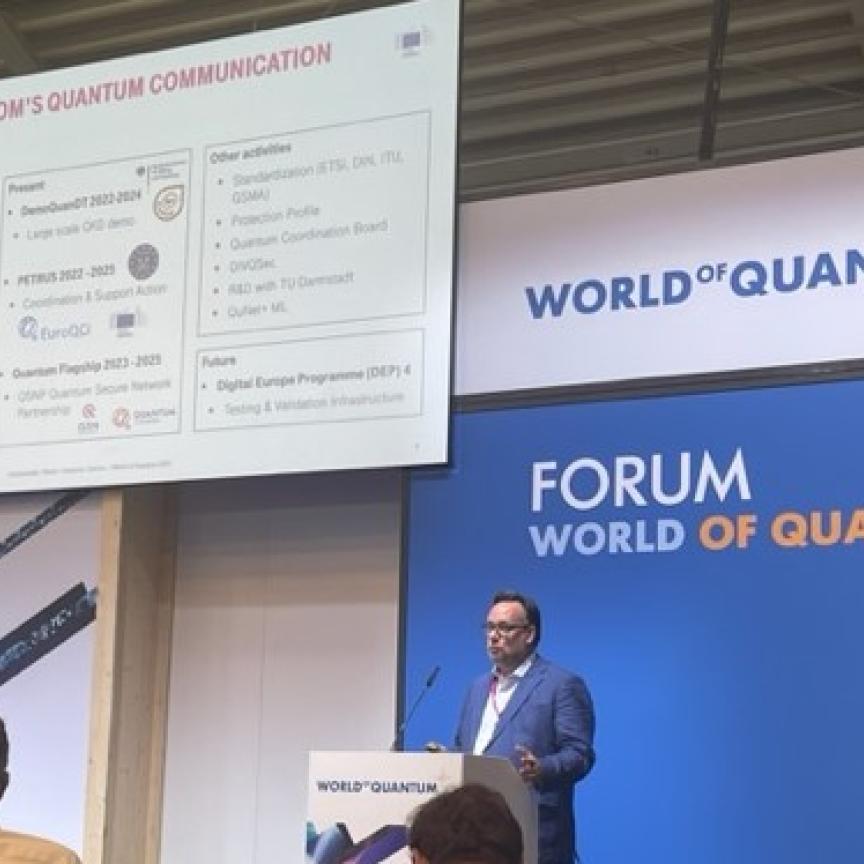UK communications regulator, Ofcom has decided not to introduce a restricted dark fibre remedy for the period up to March 2019. The regulator consulted on proposals to introduce a restricted dark fibre remedy for leased line services at and below 1Gb/s until March 2019 last November, following a judgment by the Competition Appeal Tribunal.
The remedy would have required BT to provide a restricted form of dark fibre in the leased lines markets for the period until March 2019. This measure has been under debate for some time, with the regulator first proposing that companies be granted access to BT’s fibre back in 2012. The plan was revisited as part of the Business Connectivity Market Review in 2015 (see Ofcom says BT must offer rivals access to dark fibre), but was met with opposition by a number of UK fibre providers including CityFibre, euNetworks, Virgin Media and Zayo (see UK fibre providers oppose Ofcom's dark fibre plan). This recent iteration was also, according to Ofcom, met with little enthusiasm from those companies to which the move was designed to help.
Ofcom’s statement said: ‘In November, following a judgment by the Competition Appeal Tribunal, we consulted on proposals to introduce a restricted dark fibre remedy for leased line services at and below 1Gb/s until March 2019.
‘In response, companies that are most likely to purchase dark fibre (e.g. TalkTalk, Three, Vodafone) made it clear that a service at higher bandwidths would be significantly more useful to them. Some telecoms providers told us they would only use a dark fibre product that was restricted to lower bandwidths in very low volumes, because they were likely to need to upgrade to higher bandwidths within the next few years.
‘We have therefore decided not to introduce the restricted dark fibre remedy for the period up to March 2019, but instead to consider the potential for a dark fibre remedy as part of our further market review. We continue to believe dark fibre can play an important role in promoting competition in leased lines – supporting better broadband and mobile services.’

